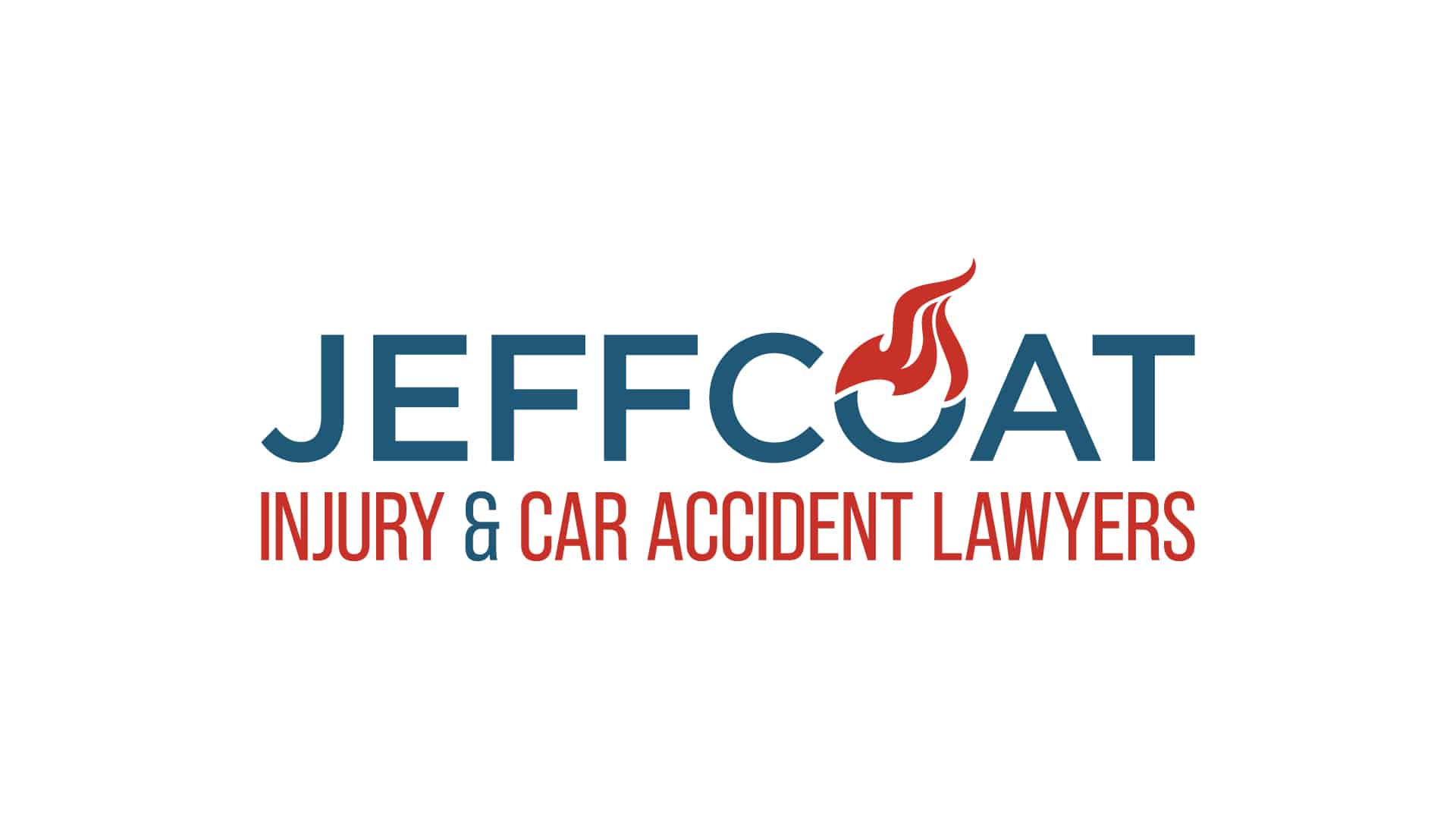What is a Hernia?
 A hernia happens when an organ (generally part of the intestine) breaks through the wall of your abdomen. This is called either a ventral or abdominal hernia.
A hernia happens when an organ (generally part of the intestine) breaks through the wall of your abdomen. This is called either a ventral or abdominal hernia.
A hernia can happen in an incision site from a previous operation and is called an incisional hernia.
If your hernia is in your groin area, it’s referred to as an inguinal hernia.
If a hernia erupts where your stomach and esophagus meet it’s referred to as a hiatal hernia.
Over 500,000 hernia surgeries occur every year in the United States. Many patients experience complications after having hernia mesh implanted in their body, and many folks have to undergo a second surgery to have the dangerous hernia mesh removed. If you’ve had a mesh device implanted in you to repair a hernia, it’s important to understand the potential problems that can arise and what your rights are.
Jump to a Section
- What is a Hernia?
- Devices Used in a Hernia Operation
- What Are Some of the Complications Due to Hernia Mesh Products?
- Abdominal Hernia Mesh Products That May Be Causing Problems
- Abdominal Hernia Mesh Lawsuit FAQS
- See What Our Clients Are Saying About Our Elmiron Attorneys
Devices Used in a Hernia Operation and Are Currently Being Reviewed in Hernia Mesh Lawsuits
There are several ways a hernia can be repaired. Below is a list of some the manufacturers that have created hernia mesh products and devices that are used to repair hernias.
- Bard
- Atrium Medical Corp
- Gore
- Ethicon
- Covidien
- Davol
There are two groups of these types of devices: biologic and synthetic.
Biologic Devices: These are made from human tissue such as skin from cadavers and pigskin.
Synthetic Devices: These are human-made products and can be made of substances like polyester filaments, composites, polypropylene, or ePTFE membranes.
What Are Some of the Complications Due to Hernia Mesh Products?
Some of the injuries reported by patients with hernia mesh implants include:
- Removal Surgery
- Adhesions
- Fibrosis
- Scars
- Abdominal Ulcers
- Perforation of their internal organs
- Bowel obstructions
- Erosion and Failure of the hernia mesh
- Renal Failure
- Fistulas in their intestines
- Allergic reactions
- Pain
- Chronic Pain
Abdominal Hernia Mesh Products That May Be Causing Problems
- Atrium C-Qur: This device was permanently stopped by the Food and Drug Administration who demanded that the production of this product be halted.
- Bard Ventralex ST: There have been reports of problems with the synthetic mesh product produced by Bard. The transvaginal mesh did come with Food and Drug Administration warnings attached, but the hernia repair product has no notices at this time.
- Ethicon Physiomesh: Several studies showed that this product produced a higher-than-average amount of hernias reoccurring. The product was voluntarily removed from the market by the manufacturer.
- Ventralex Hernia Patch (Ventralex Buckle): A potentially dangerous product due to its use of Polypropene.
- Prefix Plug: The plastic used in this product can break down and causes complications and pain.
- 3D Max: Due to its use of polypropene many men are alleging that it causes them great pain, sexual dysfunction, and in some cases, the need for testicular removal.
Do I Have a Legal Claim Against My Hernia Mesh Device Manufacturer, and Should I Seek a South Carolina Hernia Mesh Lawyer?
If the hernia mesh device that was implanted into your body malfunctions, causes pain, other complications, or results in another operation, you may have a product liability claim against the manufacturer.
It’s essential that you find out what device was used in your hernia repair surgery. You can contact the surgeon’s office or the hospital where you had your operation and get a copy of your medical records. Be sure they include the product number that identifies precisely what hernia mesh product was implanted inside you.
You’ll then need to have another doctor examine your injuries to determine if the hernia mesh product caused them and whether it was defective.
Jeffcoat Injury and Car Accident Lawyers can help guide you through this whole process.
You and your attorney will need to be able to show that the injuries you suffered were directly or indirectly caused by a defective product.
If you or a loved one has suffered from complications after a hernia mesh implant was placed within your body, you may be entitled to receive compensation for your injuries.
The hernia mesh lawyer at Jeffcoat Injury and Car Accident Lawyers are here to help. Time is of the essence in a hernia mesh lawsuit. Don’t wait. Contact us today for a free consultation to see how we can help.
Abdominal Hernia Mesh Lawsuit FAQ
How much compensation could I receive in a physiomesh lawsuit or hernia mesh lawsuit?
Each case is different, and you’ll need an experienced attorney well-versed in hernia mesh cases to help seek the compensation you deserve.
What if I wasn’t seriously injured due to my hernia mesh surgery?
Even if you didn’t suffer permanent damage as a result of your hernia mesh surgery, you may still be entitled to compensation for your experience.
Do I need an attorney to file a hernia mesh lawsuit in South Carolina?
While you don’t need an attorney, this is a very complex issue. An experienced attorney from Jeffcoat Injury and Car Accident Lawyers will help you navigate the complicated legal system and fight to get maximum compensation into your hands.
See What Our Clients Are Saying About Our Hernia Mesh Lawyers
⭐⭐⭐⭐⭐ “When bad things happen we all need good people to stand in our corner sometimes. I couldn’t have made a better decision than calling Jeffcoat Injury and Car Accident Lawyers. I had no idea what to do or where to go until a friend recommend them. From my first phone call with Betsy to my lawyer Daniel, I was treated with respect and loyalty to myself and situation. The paperwork can be overwhelming, but they walked through it with me and professionally handled everything. I highly recommend them because at times bad things happen to good people. You never know when it’s your day. It’s very reassuring to know that Jeffcoat Injury and Car Accident Lawyers is there for you, on your side!! Give them a call!”
Sherry Pace
View more of our reviews on Google
Every case is different. You should not believe your case will get the same result.










